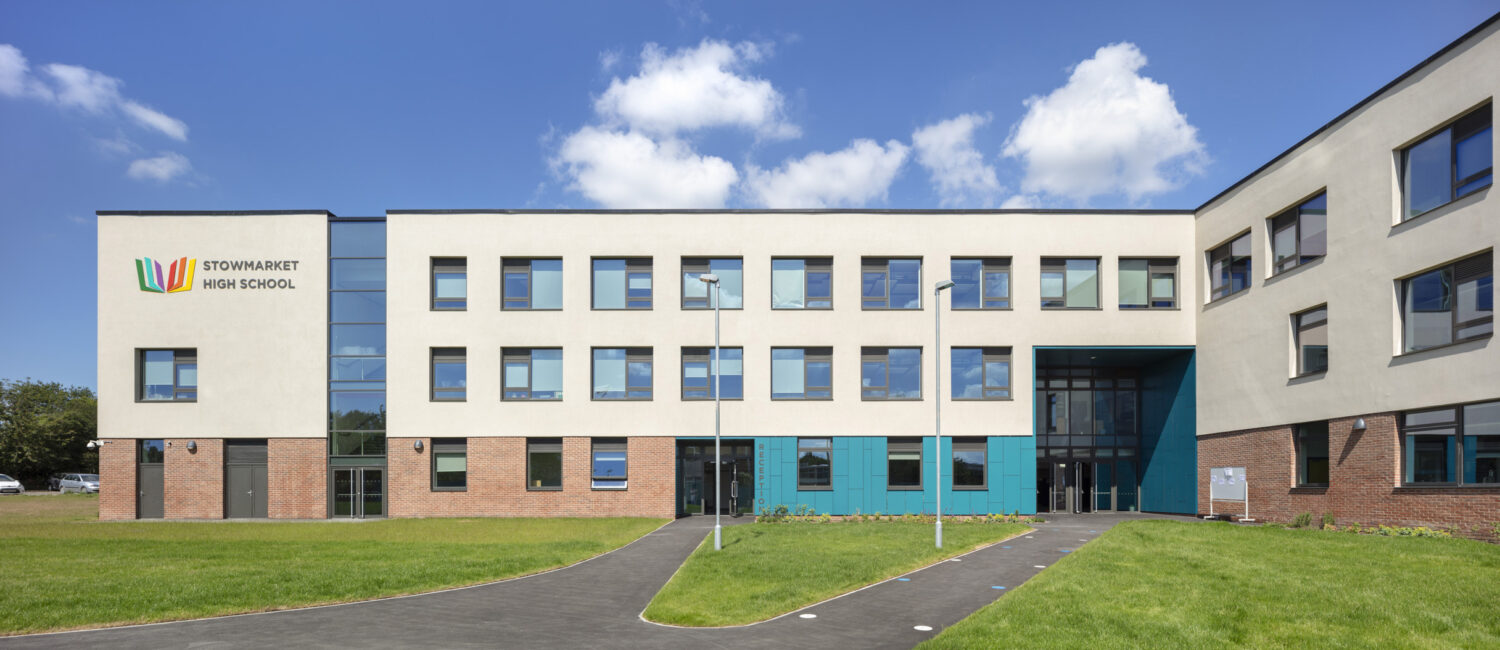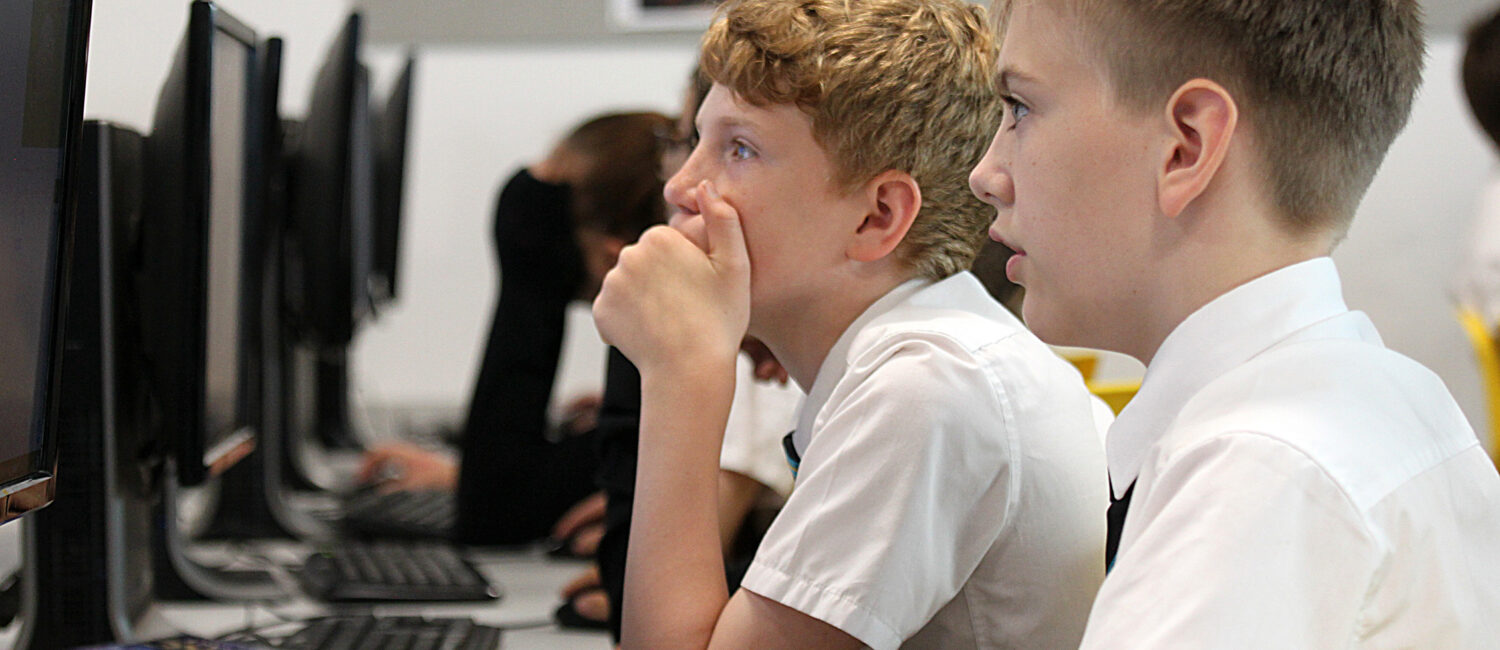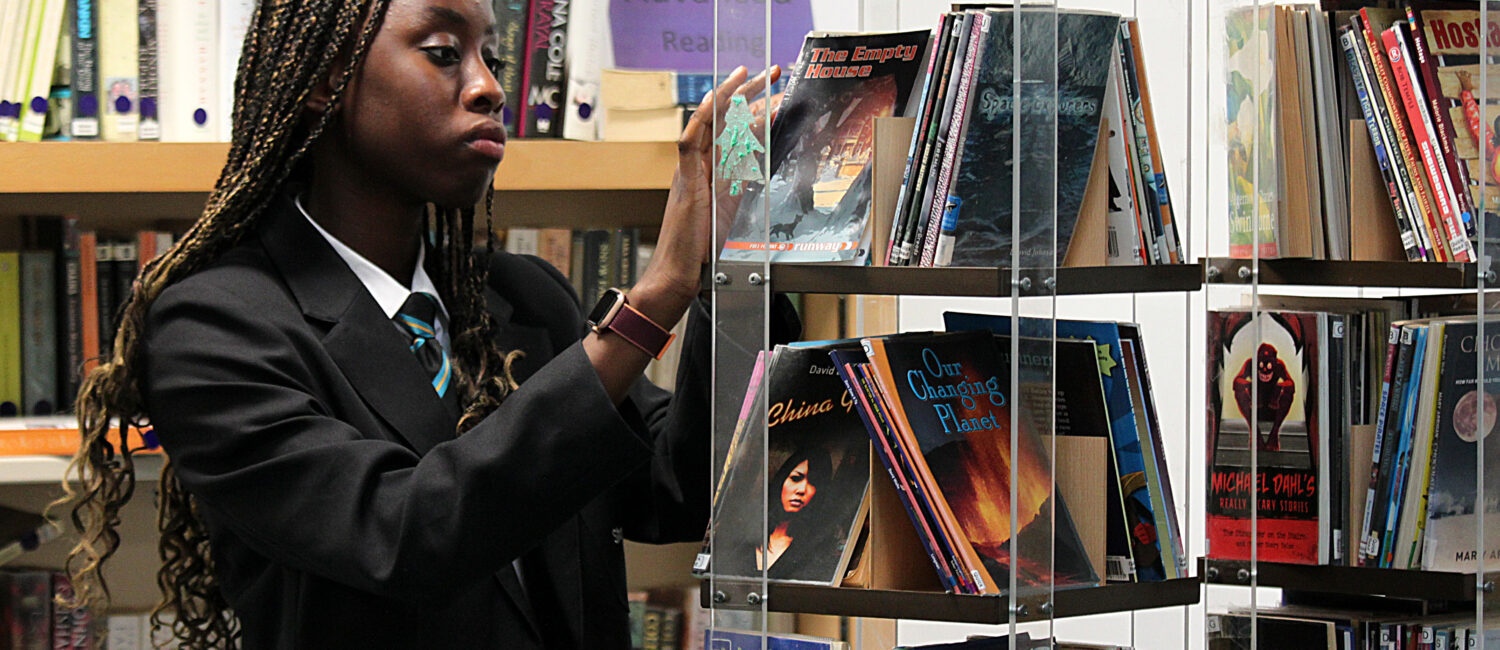Science
CLICK HERE for Learning Journey
Stowmarket High School Science Department is committed to ensuring pupils make good progress and excel in their Science lessons. In Science, students acquire the skills, knowledge and understanding needed to ask questions and be inquisitive; they are encouraged to be curious about the world around them.
In Biology students learn about the natural world and everything in it, from the largest mammals down to our very own microscopic DNA. This helps students understand how to care for themselves, animals, plants and the planet.
In Chemistry students learn about the behaviour and properties of matter; everything they see, smell, hear, taste and touch is due to the interactions between different substances. Consequently, Chemistry allows students to better experience the world around them.
Physics allows students to begin to understand the fundamental nature of the world around them. Students investigate the furthest reaches of space and study the smallest pieces of matter, entering a world deep beneath the surface of normal human experience.
At Stowmarket High School we aim to deliver a varied curriculum where pupils can discover their interests and talents within the principles of Biology, Chemistry and Physics, through knowledge based and practical teaching; incorporating high standards of behaviour and safety. Alongside our rich curriculum, our aim is to explore and implement the following skills and ideas:
- Practical Based Learning – teaching practical lab-based skills and investigative methods throughout the KS3 and KS4 curriculum.
- High levels of Scientific Literacy – to be proficient in scientific terminology and key concepts to encourage pupils to make intelligent and informed decisions in the future.
- Real Life Science – to apply the scientific knowledge learnt in the classroom to real life scenarios and enable students to critically evaluate evidence to come up with their own informed conclusions.
- Careers and Further Study – to explore and inform students of the different careers and higher/further education opportunities in the many fields of Science.
- Key Stage 3
- The aims that drive the Key Stage 3 Curriculum are:
- To foster a lifelong enjoyment of Science.
- To teach the ‘Big Ideas’ of science as a baseline to all GCSE work.
- Our curriculum is based on the National Curriculum and The Big Ideas of Science – we follow the AQA Activate KS3 Syllabus, designed to be a preparatory syllabus for our KS4 AQA GCSE qualifications. In Year 7, we teach the foundation of science knowledge, which is built upon in future years. Students are taught using the ‘Principles of Instruction’, allowing previous learning to be revisited, alongside introducing new learning and extensive practice. Our curriculum is spiraled, and students revisit the core topics in the table below each year, building upon prior knowledge and furthering their depth of understanding.
- Students are assessed at the end of every topic through progress tasks. Students also have termly tests assessing knowledge from previous units allowing retrieval of previous learning. Detailed and individualised feedback is given to students to improve areas where gaps in knowledge are identified.
Key Stage 3
The aims that drive the Key Stage 3 Curriculum are:
- To foster a lifelong enjoyment of Science.
- To teach the ‘Big Ideas’ of science as a baseline to all GCSE work.
Our curriculum is based on the National Curriculum and The Big Ideas of Science – we follow the AQA Activate KS3 Syllabus, designed to be a preparatory syllabus for our KS4 AQA GCSE qualifications. In Year 7, we teach the foundation of science knowledge, which is built upon in future years. Students are taught using the ‘Principles of Instruction’, allowing previous learning to be revisited, alongside introducing new learning and extensive practice. Our curriculum is spiraled, and students revisit the core topics in the table below each year, building upon prior knowledge and furthering their depth of understanding.
Students are assessed at the end of every topic through progress tasks. Students also have termly tests assessing knowledge from previous units allowing retrieval of previous learning. Detailed and individualised feedback is given to students to improve areas where gaps in knowledge are identified.

Key Stage 4
Most students study the AQA Combined Science curriculum with students that require a more challenging path of study opting for Separate (Triple) Science: GCSE Biology, GCSE Chemistry and GCSE Physics. Our aim is for our students to leave school with high levels of Science knowledge, literacy and the ability to critically evaluate data provided from reputable sources.

Useful Links
| Title | URL (link) |
| GCSE Bitesize – Combined Science | https://www.bbc.co.uk/bitesize/subjects/zp266yc |
| Seneca Learning | https://senecalearning.com/en-GB/ |
| GCSE Science Lessons Online | https://www.youtube.com/channel/UCqbOeHaAUXw9Il7sBVG3_bw |
| GCSE Pod | https://www.gcsepod.com/ |
Specifications
| Title | URL (link) |
| AQA GCSE Combined Science | https://filestore.aqa.org.uk/resources/science/specifications/AQA-8464-SP-2016.PDF |
| AQA GCSE Biology | https://filestore.aqa.org.uk/resources/biology/specifications/AQA-8461-SP-2016.PDF |
| AQA GCSE Chemistry | https://filestore.aqa.org.uk/resources/chemistry/specifications/AQA-8462-SP-2016.PDF |
| AQA GCSE Physics | https://filestore.aqa.org.uk/resources/physics/specifications/AQA-8463-SP-2016.PDF |




